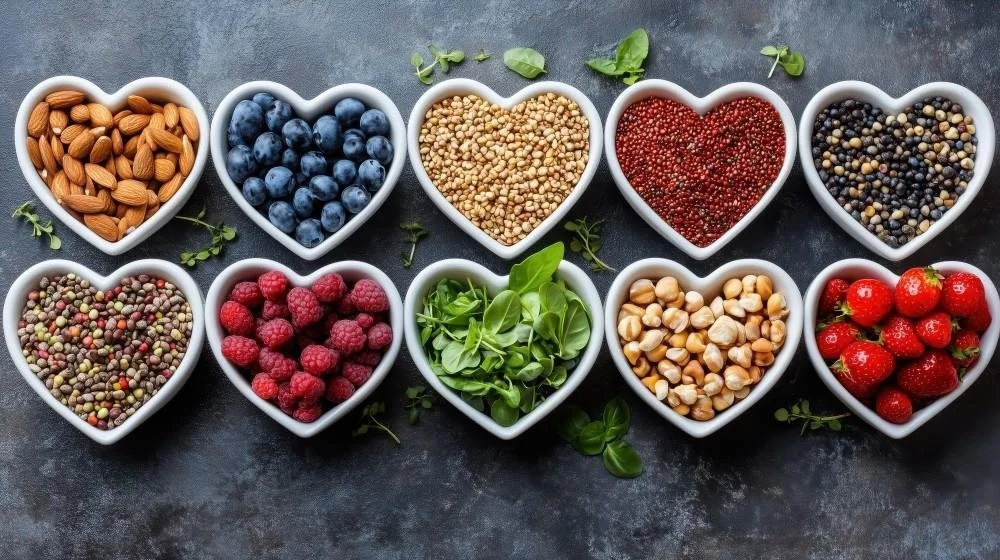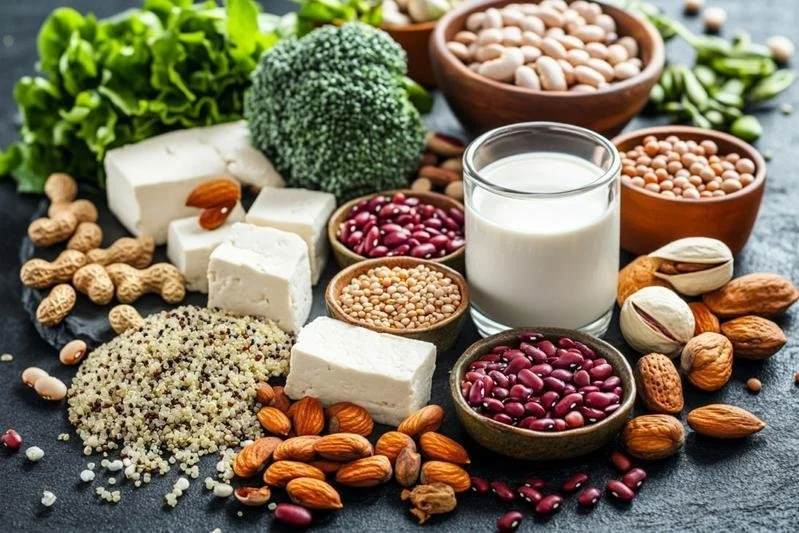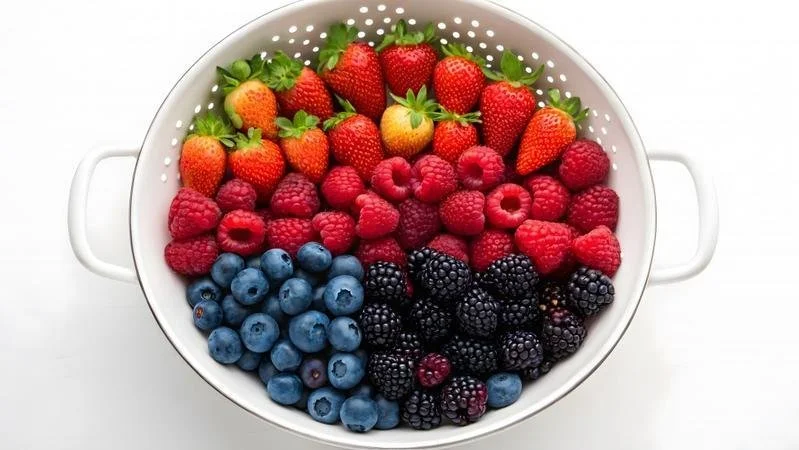Plant-based Diets: The Facts and the Pitfalls
There has been a growing interest in plant-based diets over the past several years. Proposed benefits include reducing risk of heart disease and diabetes, improving health markers such as cholesterol and blood pressure, and reducing environmental impact. Recent research has highlighted the role of plant-based diets in lowering all-cause mortality.
Research shows that closer adherence to a healthy plant-based diet is associated with a 17% to 24% lower risk of all-cause mortality; conversely, closer adherence to an unhealthy plant-based diet increases risk of all-cause mortality by 28% to 36%. To put it simply, consuming a healthy plant-based diet is correlated with lowering risk of death. This means that not all plant-based diets are created equal. You may be wondering: what is a “healthy” plant-based diet? Do I have to go vegan in order to see the benefits of a plant-based diet? What about that celebrity/cousin/bodybuilder I follow on Instagram who sings the praises of a carnivore or keto diet? I’ll answer that one right away—research does not promote a carnivore or ketogenic diet in the efforts to improve heart health.
According to the research, a “healthy” plant-based diet is one that primarily includes vegetables, fruits, whole grains, legumes (such as beans, peas, and lentils), tea and coffee. Healthy plant-based foods contain fiber, vitamins, minerals, antioxidants, and plant compounds that are anti-inflammatory, make us healthier, and fight disease in powerful ways (such as helping to regulate blood sugar and lower cholesterol).
An “unhealthy” plant-based diet refers to one that predominately contains less nutritious plant-based foods, such as refined grains (think white bread or pastries), potatoes, sugar-sweetened beverages, and animal-based foods. While the plant-based foods in the unhealthy category might have started out as plants, their end product may be a highly-processed derivative.
Think of a fresh potato becoming a salty fried potato chip; while the original potato (or sweet potato) is rich in vitamins and minerals and can be roasted or baked and eaten as the starch portion of your meal, foods like French fries and chips no longer offer many health benefits since they have been highly modified from their original form. An unhealthy plant-based diet can cause elevated blood sugar, blood pressure, and cholesterol. The research found that higher intake of healthy plant-based foods, lower intake of unhealthy plant-based foods, and lower intake of animal-based foods all positively impact health.
Is a healthy plant-based diet always better? Almost everyone could benefit from adding in more plants (including fruit, vegetables, beans, seeds, whole grains)—both in terms of quantity and variety. For example, if you have strawberries in your breakfast each day, consider adding in some kiwi or blueberries to increase quantity and variety. Get a seasonal vegetable at the farmers’ market this weekend to add to dinner.
Remember that different plants offer different vitamins and minerals, but also support the diversity of your gut microbiota. A diverse and thriving gut microbiome has all sorts of benefits like a stronger immune system and reduced inflammation.
While making your diet more plant-based is beneficial across the board, going vegan is not necessary—and may not be right for every person, anyway. There are some considerations to keep in mind when considering converting to a more plant-based diet:
Balance is important. Increasing the ratio of fruits and vegetables is great, but be wary of a plate that is mostly refined carbs (like a bowl of pasta) or lacking sufficient protein—which will be less supportive of stable blood sugar levels, muscle mass development, and satiety. Think of filling one-third to one-half of your plate with non-starchy vegetables like broccoli or leafy greens, one-third or half with a lean protein, and the remaining portion with a starch, preferably a complex carbohydrate like beans, sweet potato, or a whole grain.
Plant-based alternatives are not always healthier than their non-plant-based counterpart. Take meat alternatives as an example. Some of the vegetarian versions of foods like bacon, sausage, and burgers are heavily processed and can be high in saturated fat, salt, and sugar, and may actually be a less nutritious choice than a high-quality meat product with much fewer ingredients.
Another example is dairy alternatives. Coconut yogurt, a popular vegan yogurt substitute, is actually very low in protein and quite high in saturated fat, whereas good quality plain Greek yogurt is a great source of protein, calcium, and probiotics. Oat milk, a common milk substitute, often contains added sugar and lower quality oils.
Beware of potential nutrient deficiencies. Eating a well-balanced and thoughtful plant-based diet can be hugely beneficial, but it’s important to be aware of any nutrient deficiencies (ask your doctor to check bloodwork) and supplement (or make dietary modifications) where necessary. A few nutrients to look out for are vitamin B12, iron, and omega-3 fatty acids, as these are typically found in more animal-based foods.
As with everything, it’s important to look at individual products and not just assume that something is superior just because it fits within one diet category. It’s all about daily, big picture habits, not one food in one dose. Take a look to see where you might be able to add more plants into your diet in a way that supports your lifestyle and health, and reach out to dietitian@cardiologistnyc.com for more individualized guidance.



